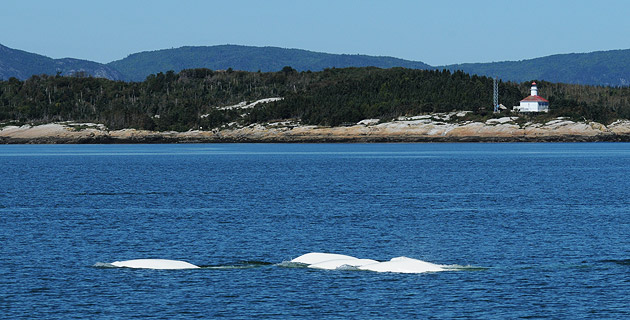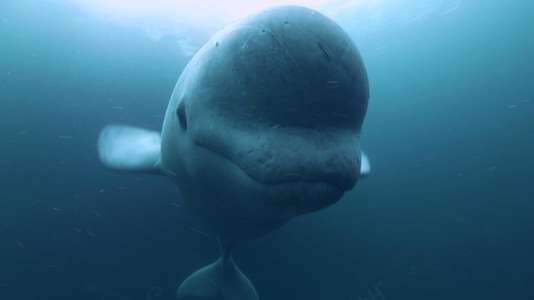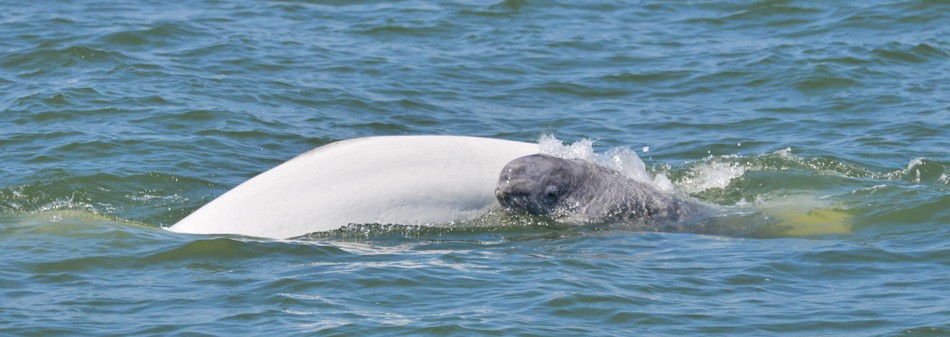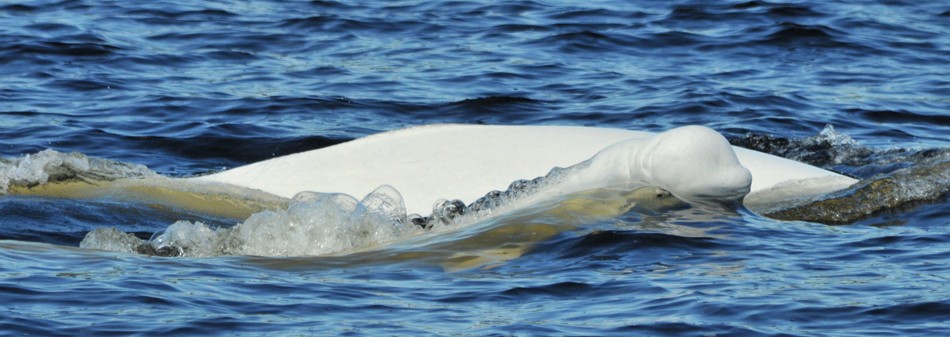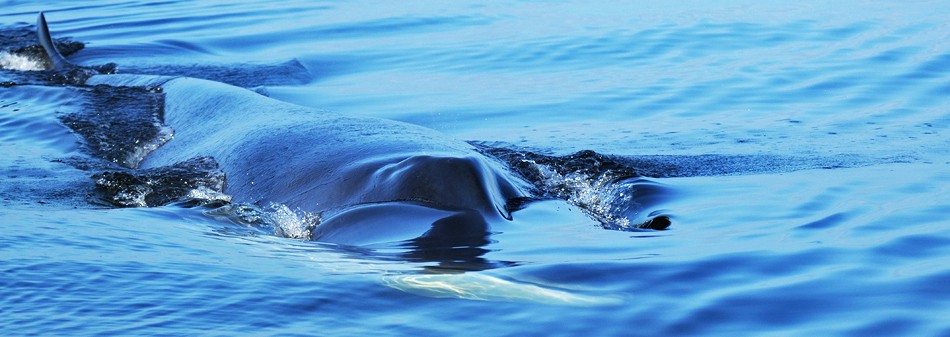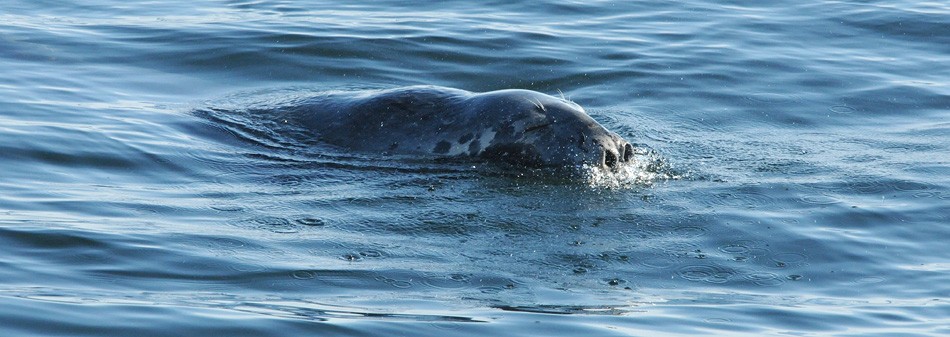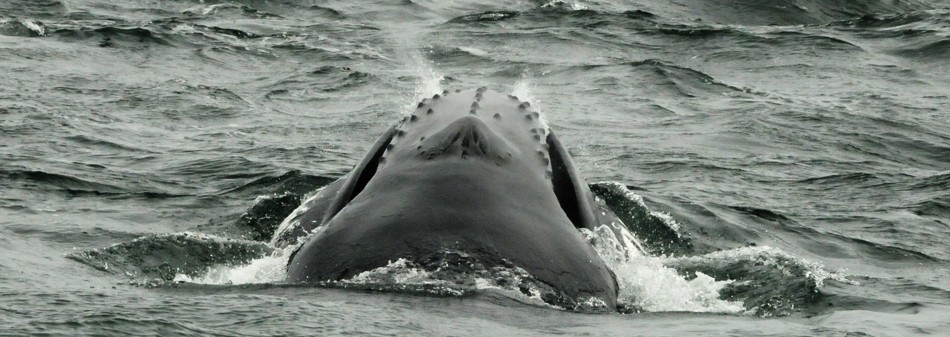29/07/2019
New PhD project : Environmental Contaminants, Body Condition and Photogrammetry of St. Lawrence Estuary Belugas
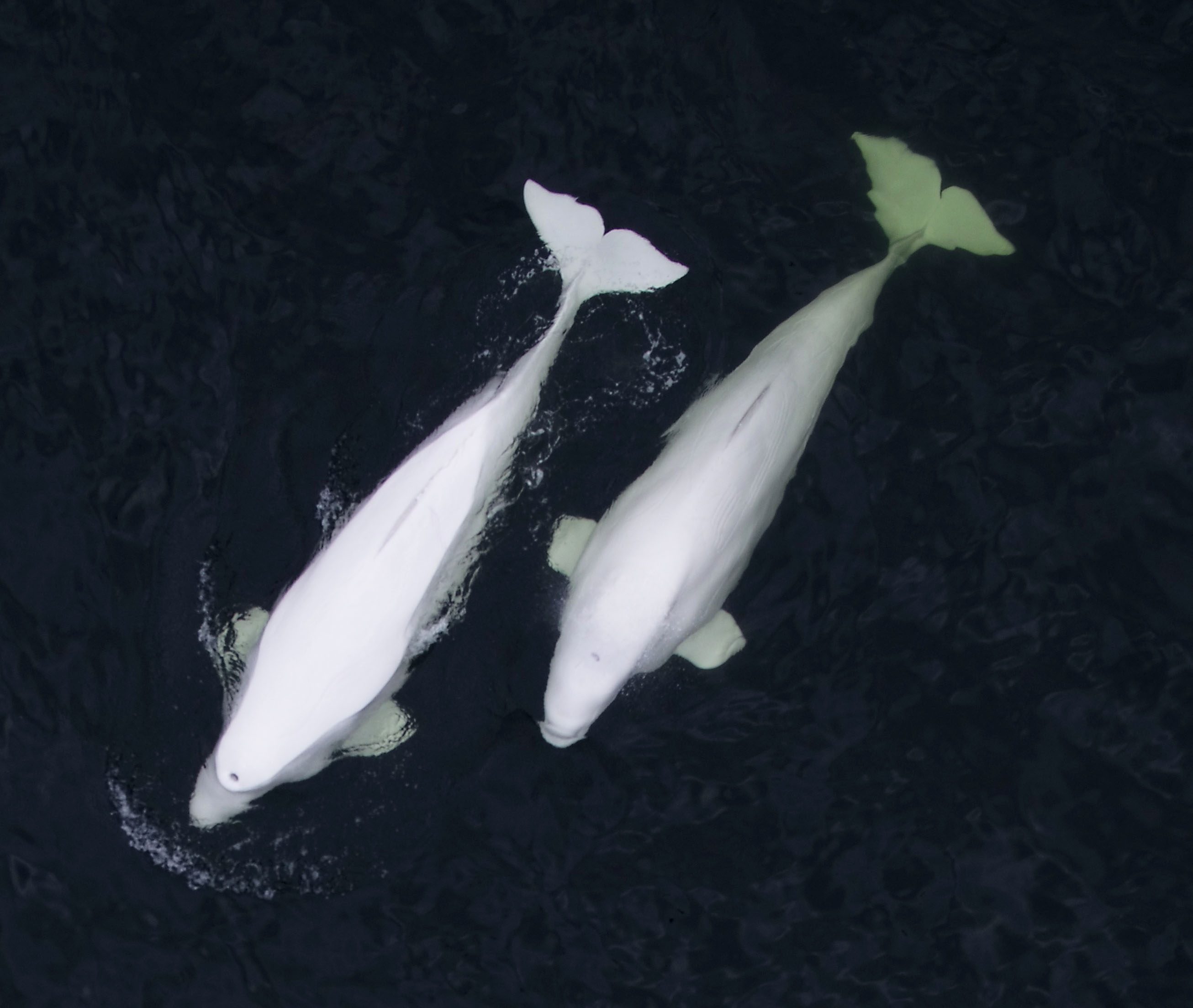
Project Title
Environmental Contaminants, Body Condition and Photogrammetry of St. Lawrence Estuary Belugas
Project Synopsis
The St. Lawrence Estuary (SLE) beluga population has been listed at risk of extinction in 2017 under the Species at Risk Act. This small population of about 900 individuals lives in a marine ecosystem that is strongly impacted by anthropogenic activities upstream. As a result, chronic exposure to environmental contaminants has been suggested as a factor that may affect the health of belugas in the SLE, and hence the recovery of this population. Exposure to a cocktail of contaminants via consumption of contaminated preys may interfere with lipid metabolism, and ultimately alter their body condition and survival. However, the effects of contaminants on lipid metabolism in SLE belugas are still unknown. The objective of this four-year PhD project is to investigate the linkages between exposure of SLE belugas to several organic contaminants and proxies of body condition including blubber tissue histology, metabolomic profile, expression of genes involved in lipid metabolism and activity of associated enzymes, and photogrammetry (body size measurements obtained from drone’s photographs). This project is a collaboration between UQAM (principal supervisor: Jonathan Verreault), UQAR (Zhe Lu), Environment and Climate Change Canada (Magali Houde), GREMM (Robert Michaud), and Fisheries and Oceans Canada (Véronique Lesage).
Additional Informations
Requirements
To apply
Send your CV and transcripts (B.Sc. and M.Sc.) before September 15th, 2019 to:
Jonathan Verreault
Département des sciences biologiques
Université du Québec à Montréal
Phone: 514-987-3000, ex. 1070
E-mail: [email protected]

